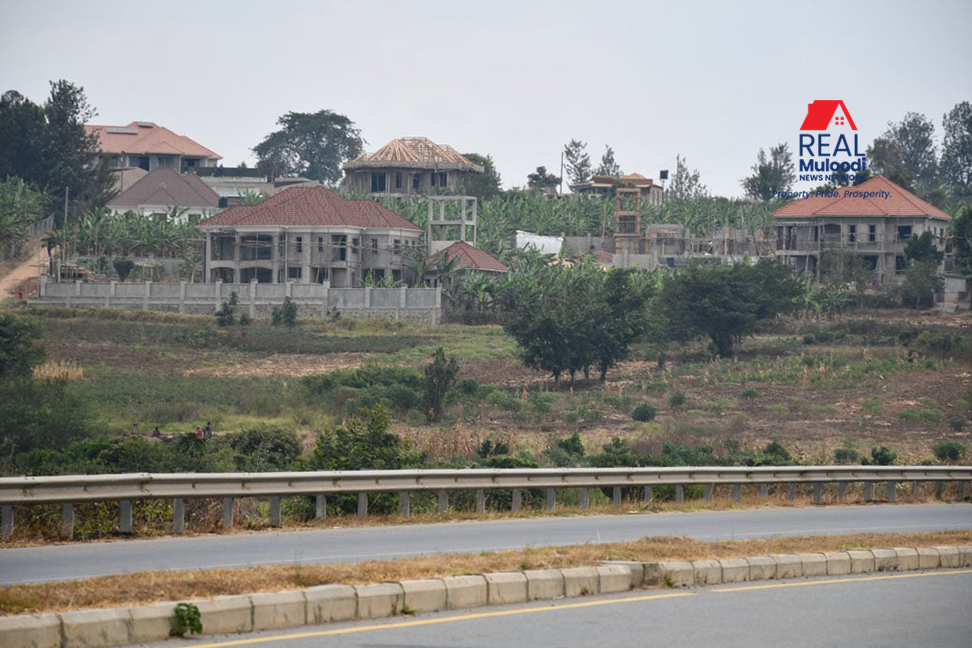UGANDA, Mbarara | Real Muloodi News | The rapid expansion of the housing market in Mbarara City is sounding alarm bells for food security, as authorities express concerns over diminishing farmland to accommodate the growing population and urban development.
Mbarara, with a current population ranging between 400,000 and 500,000 during the day and 300,000 at night, has experienced a surge in demand for land for accommodation and commercial purposes. This surge is attributed to a population increase from 195,013 people recorded in the National Population and Housing Census of 2014.
City Mayor Mr. Robert Mugabe Kakyebezi highlights the challenge, emphasising the escalating demand for housing.
The city’s central business area is unable to keep up with the burgeoning population, leading to the conversion of farmlands into residential and commercial spaces.
Real estate companies, such as Amity Realtors, have contributed to this trend, selling over 6,000 plots and 60 estates in Mbarara City since January 2020.
Mr. Herbert Tushabe, the director of Amity Realtors, acknowledged the housing demand and the transformation of previously agricultural lands.
He explained that the influx of people into the city necessitates the conversion of surrounding areas to meet the growing housing needs.
However, Prof Alex Ariho, the executive director of Excel Hort Consult, a local agribusiness incubation hub, warns that the shrinking farmland due to rapid urban growth poses a threat to food security.
He emphasises the importance of planning for increased urbanisation and suggests interventions like urban farming and investment in food chain stores to counter the potential food shortage.
Prof Ariho stresses the significance of making the city food secure, asserting that a city lacking in food security compromises its safety.
To achieve this, he advocates for immediate interventions that allow residents to cultivate food within the city and its peripheral areas, reducing dependence on rural sources.
In support of this perspective, Mr. Andrew Asiimwe, an agricultural extension officer with Mbarara District, raises concerns about the impending rise in food costs.
He says collecting food from distant rural areas will incur additional expenses, including transportation costs, which will ultimately burden urban dwellers already grappling with job shortages.
The call from authorities and experts underscores the urgent need for a balanced approach to urban development in Mbarara, considering both housing demands and the critical need to preserve farmland for sustained food security.
As the city continues to expand, finding innovative solutions to reconcile these competing needs becomes imperative to ensure a sustainable and thriving community.
READ MORE LIKE THIS:



